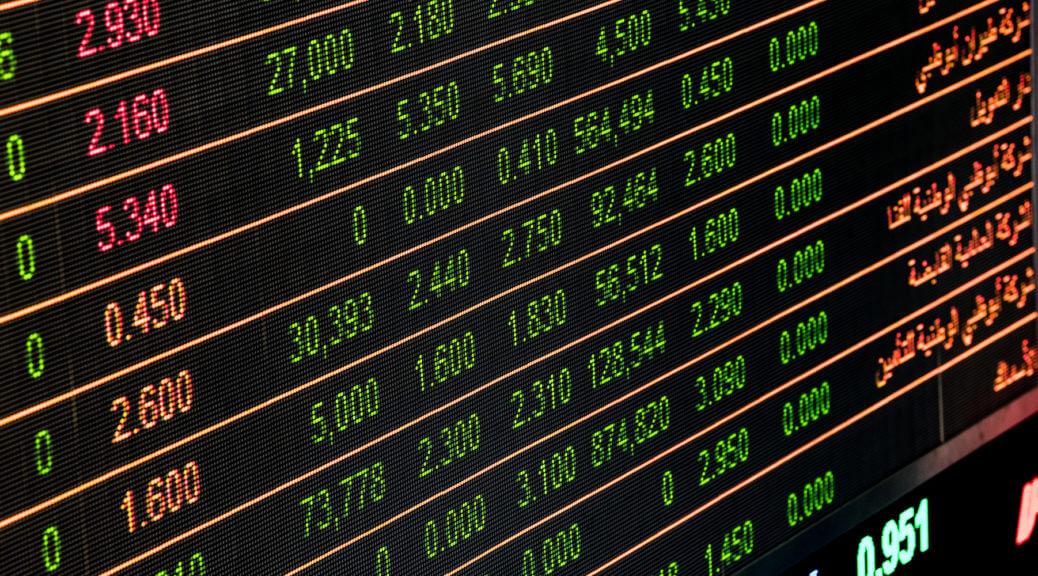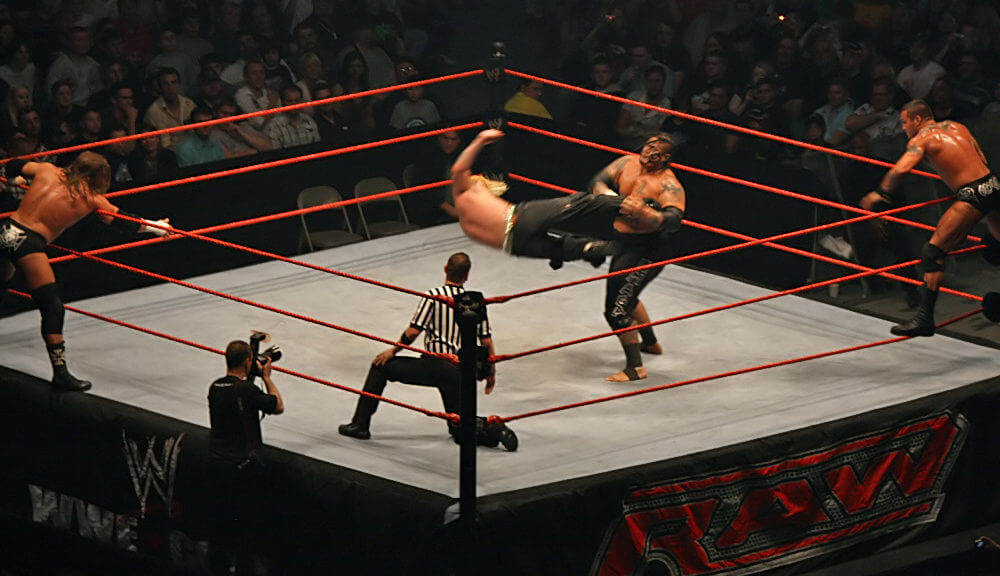
My guest today is Jake Meyer of California State University, Long Beach. We discuss Jake’s work on the intersection of financial crises and politics.
Jake’s work explores important questions such as the interaction between interest group politics and financial and currency crises. A country’s monetary authority needs to manage both the domestic labour market and the country’s exchange rate, but particular interest groups tend to favour one over the other very strongly. If one of these interest groups becomes disproportionately influential in national politics, they can affect monetary policy in ways that lead to crises. For instance, if a group that cares about the domestic economy and not the exchange rate takes power, they can push the monetary authority into causing an exchange rate crisis. If a group that cares exclusively about the exchange rate takes power, they can push the monetary authority to ignore the domestic economy to the point that it causes a banking crisis.
Jake’s work also looks at the way countries learn in the wake of financial crises. He looks at the change in the growth rate of credit before and after a crisis, and he finds that things like the number of veto players and the independence of the central bank impact this change.
Check out Jake’s Quora account, where he answers many questions related to economics.
Subscribe to Economics Detective Radio on iTunes, Android, or Stitcher.
The post Financial Crises, Politics, and Interest Groups with Jake Meyer appeared first on The Economics Detective.

